Cancer Nutrition: The Ultimate Guide To Eating For Cancer Patients – Part 2
This is part II of the guide about common cancer nutrition problems during cancer treatment. For Part I of our cancer diet guide, click here. We are not going to sugarcoat it: Many cancer treatments can have hideous side effects. But as the german proverb goes: “A person warned is a person half saved”. Knowing what to expect and most importantly, being ready to act if some side effects to happen is crucial.
Being ready will make the treatment much easier to tolerate and put you in control. We reviewed the NCI website and credit them with this extremely useful information that we adapted for you.
6. What should I do if I have nausea?
7. What should I do if I cannot taste food or my taste buds change?
8. What should I do if I have mouth sores or have a dry mouth?
9. What should I do if I have constipation or diarrhea?
10. What should I do if I have low white blood cell counts?
11. What should I do if I I am losing weight (anorexia)?
12. What if I cannot eat? The role of feeding tubes.
6. What should I do if I have nausea?
Nausea is a feeling of being sick or very full, or having discomfort in your stomach, and it can be worse when you smell, see, or taste food. Nausea is a common side effect of cancer treatment, especially with chemotherapy and radiation therapy. It is most likely to happen right after treatment, but you can easily experience nausea up to three days after a treatment session, according to NCI. Nausea can also happen in advanced cancer, while recovering from surgery for cancer, and as a side effect of some medications that are being used relieve pain or have other benefits.
You know the importance of good nutrition during cancer, but nausea can make it very difficult to eat enough. Still, there are some strategies you can take to reduce nausea and get in the calories and nutrients that will help you stay strong, keep your weight up, and fight infections.
The timing of your meals and snacks can help you fight nausea. Try different strategies to find out when you can best tolerate food and how to prevent the sick feelings that characterize nausea. Some patients do best by eating a light meal before their treatment. Others prefer to go to their treatments on an empty stomach and try to make up those nutrients at another time during the day.
Adding on liquid calories and nutrients can help. If you are not up to eating full meals with solid foods, try high-calorie shakes and meal replacement beverages. They can provide calories, protein, and vitamins that you may not be getting from food. Sip on additional calories throughout the day. Try milk and juice if they are appealing to you.
When you do eat solid foods, focus on calorie-dense ones, or foods with a lot of calories for the amount you eat. Examples include peanut butter, avocados, cheese, bread, muffins, sweet potatoes, and ice cream. You might do better eating multiple small meals and snacks instead of trying to squeeze in all of your calories and nutrients in three big meals. Do not worry about trying to force yourself to eat foods that you do not like or that are unappealing.
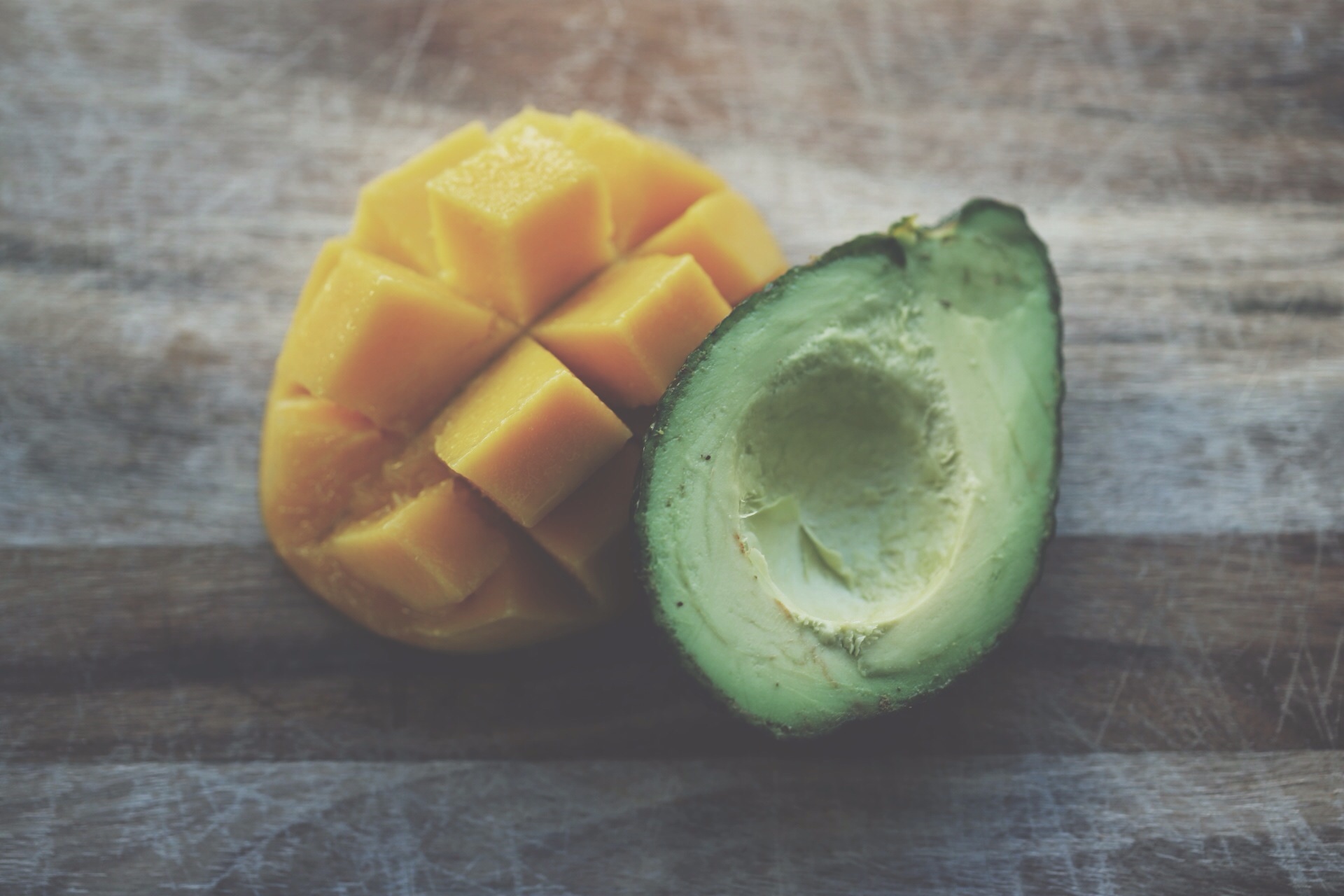 There are some other ways to reduce nausea. Anti-nausea medications can help. Since there are a few different options, be sure to talk to your doctor and cancer nutrition support team if they are not working for you. Another type may be more effective.
There are some other ways to reduce nausea. Anti-nausea medications can help. Since there are a few different options, be sure to talk to your doctor and cancer nutrition support team if they are not working for you. Another type may be more effective.
You can also try a general strategy for getting rid of nausea: get some fresh air. Open windows, sit outside, and use a fan inside to circulate the air. Getting away from a stuffy environment can reduce nausea and make eating easier. Relaxing before treatment can also be an effective way to prevent nausea.
7. What should I do if I cannot taste food or my taste buds change?
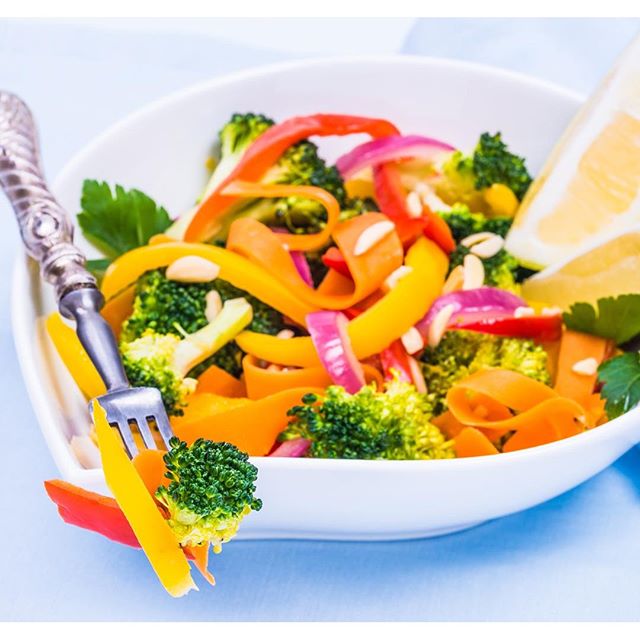 Changes in the way food tastes can happen with radiation therapy and chemotherapy. You might have a metallic taste in your mouth, be unable to taste well, or find that certain foods no longer taste the same as you remember them. These changes can also happen when you are on certain prescription medications, if you have dental problems as a result of your cancer or treatment, and if you have wounds in your mouth.
Changes in the way food tastes can happen with radiation therapy and chemotherapy. You might have a metallic taste in your mouth, be unable to taste well, or find that certain foods no longer taste the same as you remember them. These changes can also happen when you are on certain prescription medications, if you have dental problems as a result of your cancer or treatment, and if you have wounds in your mouth.
Making yourself eat can be a challenge if you cannot taste food, especially food that you used to love to eat. This is not only a question of reduced pleasure from not wanting to eat the foods you use to love, but also a question of good nutrition and quality of life while recovering from cancer treatment. Still, there are some strategies to helping yourself get in more calories and nutrients despite changes in your tastes.
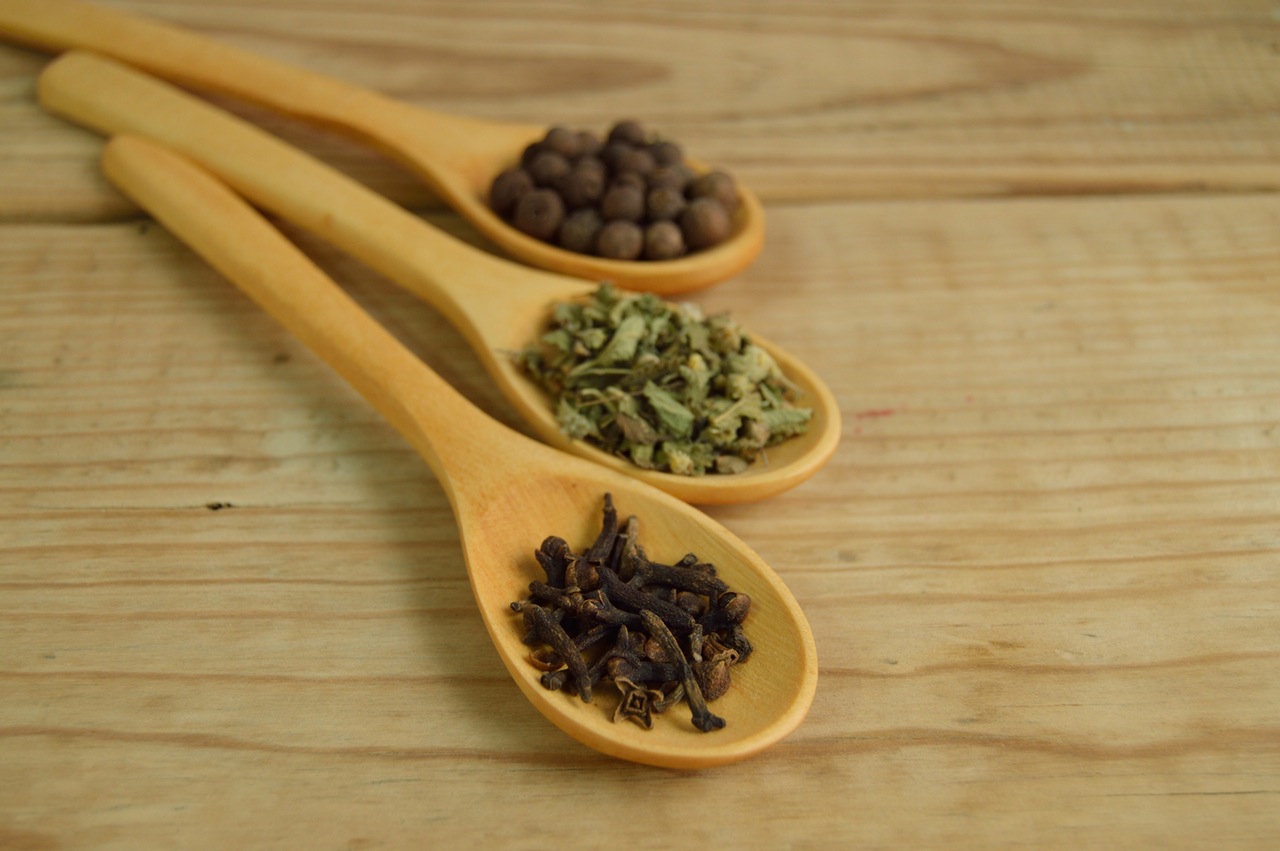 One approach is to try different foods. For example, you can try chicken, fish, tofu, or eggs as a protein source instead of meat. The new additions to your diet may not seem as disappointing if you are not expecting that same old steak that you used to have.
One approach is to try different foods. For example, you can try chicken, fish, tofu, or eggs as a protein source instead of meat. The new additions to your diet may not seem as disappointing if you are not expecting that same old steak that you used to have.
You can also work to bump up the flavor profile of your foods. Experiment with different herbs and spices to make your foods taste stronger. You can use chilies, herbs such as basil, oregano, and thyme, and spices such as cinnamon to give foods more flavor. You can also add flavor to meat, poultry, tofu, fish, and vegetables by marinating them or using spice rubs.
Try naturally flavorful foods such as oranges and grapefruit. Just make sure to avoid acidic foods if you have mouth sores. You can also make certain foods more palatable by making it sweeter. For example, you can add honey or sugar to marinades or fruit, and serve meat and poultry with chutney or other sweet sauces or condiments.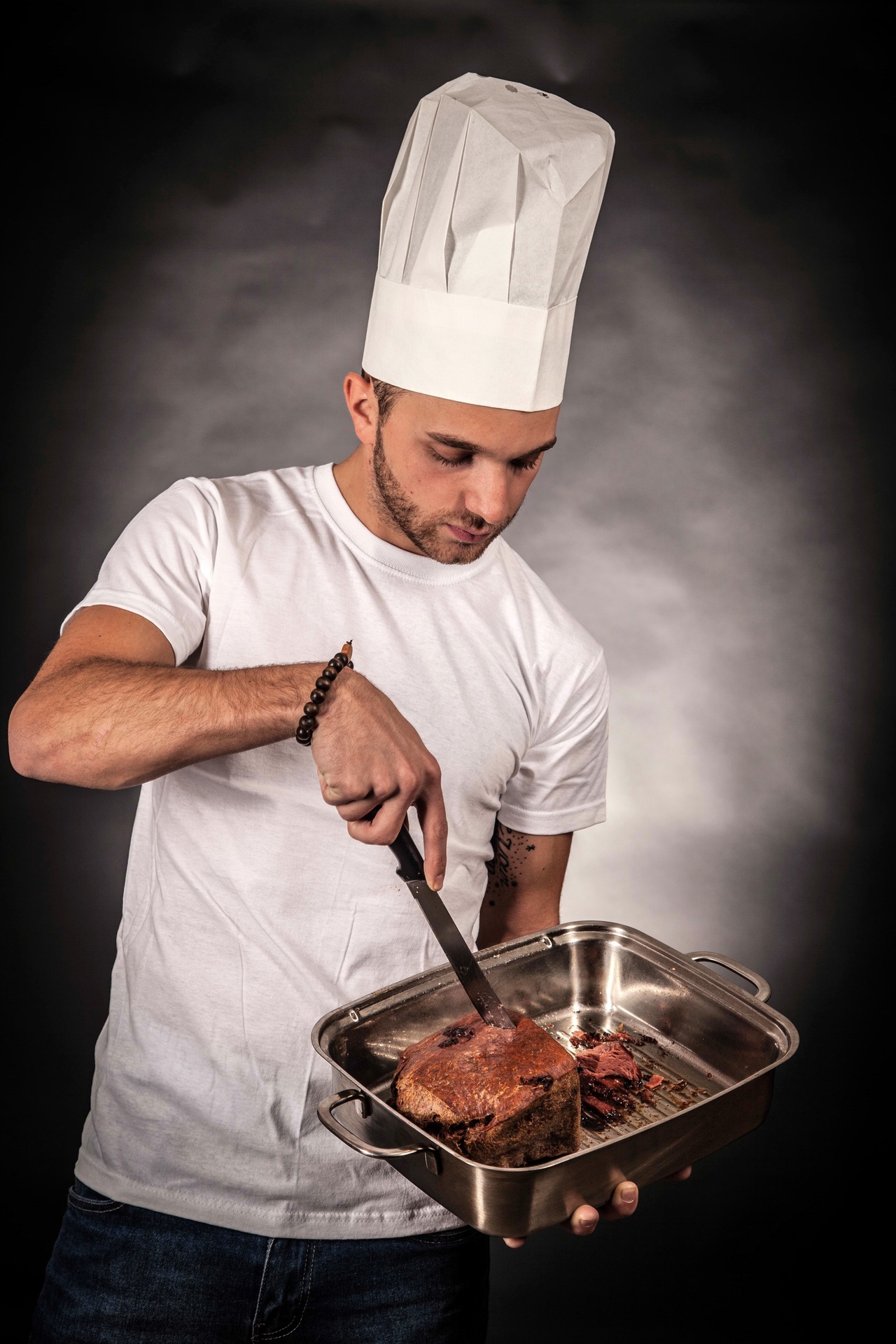
Using water to rinse your mouth before eating can help combat the metallic taste in your mouth. You can also suck on mints or lemon drops between meals to try to overcome any bad tastes. If you like, you can ask friends and family to prepare the meals for you so you do not need to be around food more than necessary.
Something as simple as swapping your regular metal forks, spoons, and knives for plastic ones can help reduce the metallic taste you might have during meals. So can using a straw for drinking, and cooking in glassware rather than metal pots. Your dentist and nutritionist may have suggestions for other strategies, such as using a strong mouthwash to get rid of bad tastes in your mouth.
8. What should I do if I have mouth sores or have a dry mouth?
Mouth sores are a common side effect of radiation therapy, chemotherapy, and biological therapy. You might have minor wounds, such as cuts, inside your mouth or throat. A sore mouth can also happen if you get an infection in your mouth or dental problems.
Dry mouth happens when you do not produce enough saliva to keep your mouth moist. It can happen with medications and with different types of cancer treatment. When you have dry mouth, you can have trouble chewing and swallowing food. Dry mouth can cause changes in your taste, too.
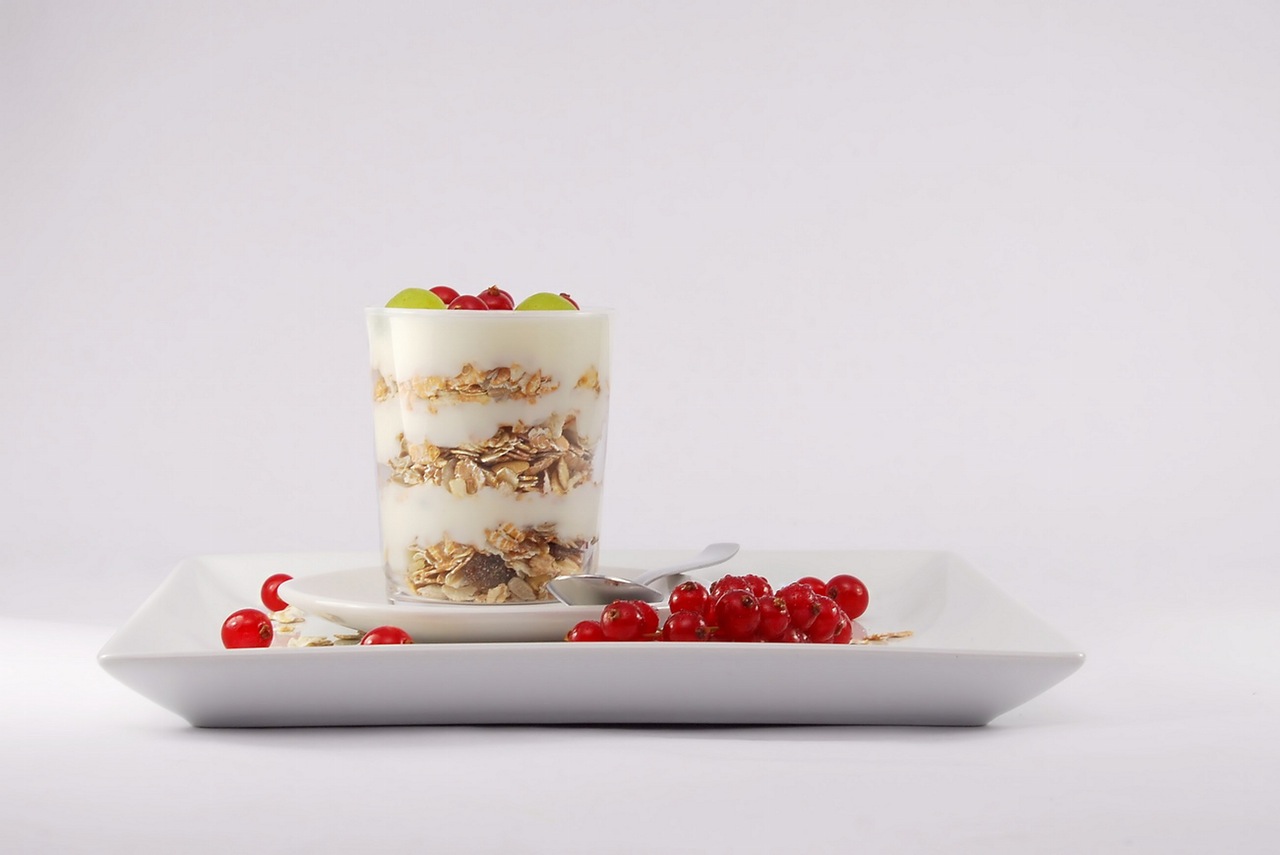 Mouth sores and dry mouth can make it harder to get in the fluid, calories and nutrients you need because eating can be more difficult. To keep your mouth from becoming too dry and to make it easier to chew and swallow, focus on getting plenty of fluids. Sip throughout the day. A water bottle can make it easier for you to remember to drink enough. You can also make your mouth feel less dry by using gum or sucking on mints or other hard candies.
Mouth sores and dry mouth can make it harder to get in the fluid, calories and nutrients you need because eating can be more difficult. To keep your mouth from becoming too dry and to make it easier to chew and swallow, focus on getting plenty of fluids. Sip throughout the day. A water bottle can make it easier for you to remember to drink enough. You can also make your mouth feel less dry by using gum or sucking on mints or other hard candies.
You can make it easier to eat by choosing moister foods. For example, pureed soup, macaroni and cheese, tuna salad, ice cream, eggs, and mashed potatoes are easy to swallow. You can make foods moister by using sauces and marinades. Avoid alcohol, since alcohol works to dry out your mouth.
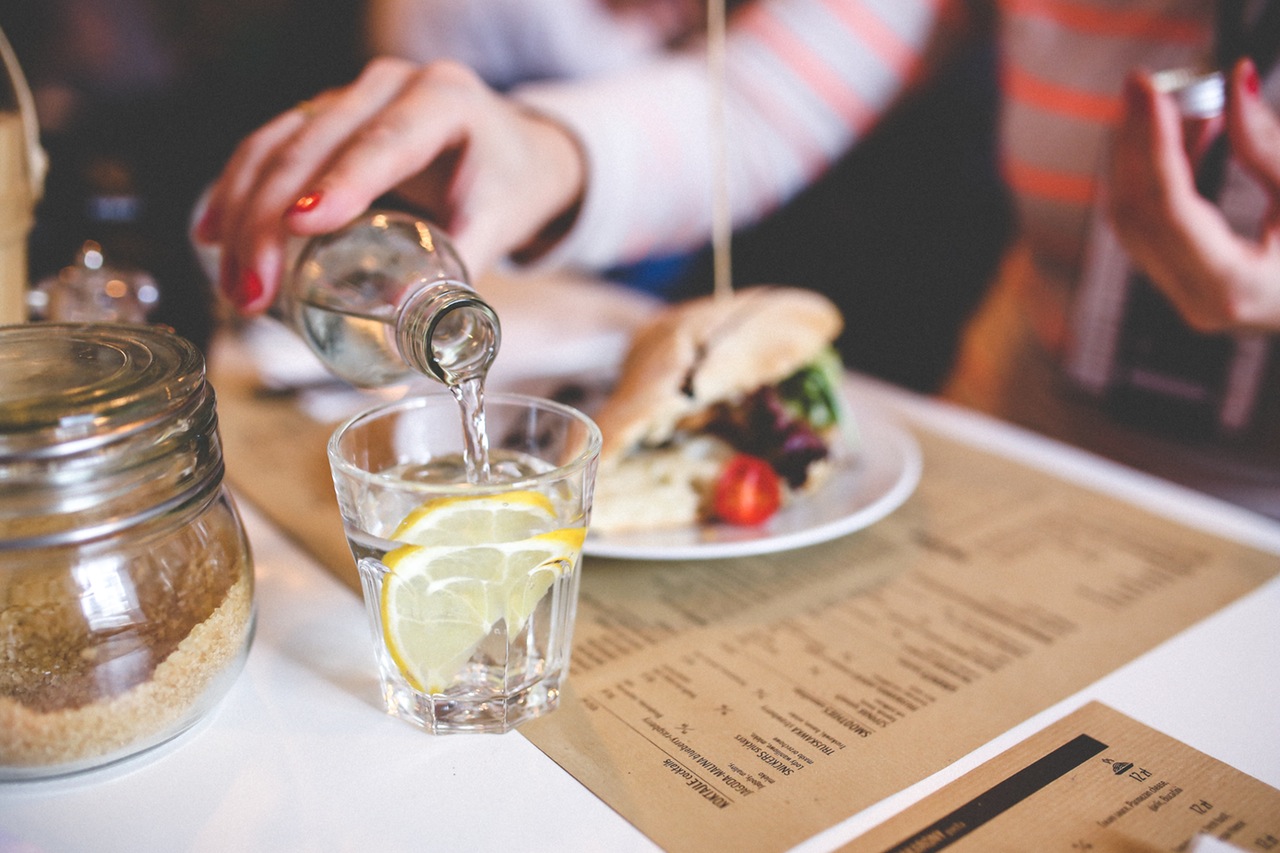 To prevent food from irritating mouth sores, choose soft foods. Avoid hard foods that can cut your mouth, such as chips and crackers, and avoid acidic and very hot foods. Salty and spicy foods can also aggravate mouth sores.
To prevent food from irritating mouth sores, choose soft foods. Avoid hard foods that can cut your mouth, such as chips and crackers, and avoid acidic and very hot foods. Salty and spicy foods can also aggravate mouth sores.
Some additional habits can help fight dry mouth and mouth sores. Use a mixture of baking soda, salt, and water and then rinse with water a few times a day to keep your mouth clean. Using lip balm can keep your lips from drying out so you are more comfortable.
9. What should I do if I have constipation or diarrhea?
Constipation is a condition when you have trouble passing bowel movements and they are dry and hard. You may feel bloated and have stomach pain. It can happen with chemotherapy and other cancer treatments, or if you do not get enough liquid, fiber, or activity. You can also become constipated if you do not get good nutrition, since constipation can happen as the result of a low-fiber diet or dehydration.
Diarrhea is a condition when your bowel movements are frequent and watery. You may not be able to control the urge to go to the bathroom multiple times a day. The results of severe diarrhea can include dehydration and electrolyte depletion or loss of potassium and salt in your body. Like constipation, diarrhea can happen due to cancer treatment, medications, and poor cancer nutrition.
While constipation and diarrhea sound like opposite conditions, they are actually closely related. Some of the same factors that lead to constipation also lead to diarrhea. During treatment for and recovery from cancer, you might have periods of time when you alternate between having constipation and diarrhea.
 Getting enough fluid as part of your cancer nutrition is important for both constipation and diarrhea. Work on drinking eight 8-ounce cups of clear liquids each day. You can try water, broth, fruit juice such as apple juice, sports drinks, gelatin, and frozen fruit pops. Try to drink an additional cup of water every time you have a watery bowel movement. Try hot liquids to relieve constipation, but keep them room temperature if you are suffering from diarrhea.
Getting enough fluid as part of your cancer nutrition is important for both constipation and diarrhea. Work on drinking eight 8-ounce cups of clear liquids each day. You can try water, broth, fruit juice such as apple juice, sports drinks, gelatin, and frozen fruit pops. Try to drink an additional cup of water every time you have a watery bowel movement. Try hot liquids to relieve constipation, but keep them room temperature if you are suffering from diarrhea.
To replace electrolytes such as sodium and potassium that you might lose through diarrhea, eat plenty of good sources. High-sodium foods include broth and soup. High-potassium foods include bananas, leafy greens, avocados, yogurt, beans, potatoes and mushrooms.
Getting enough fluid is important for both constipation and diarrhea. Click To Tweet
For diarrhea, aim to limit dietary fiber. Low-fiber foods include meat, poultry, fish, eggs, dairy  products, and refined grains such as white bread. Fruit and vegetable juices are also low in fiber. You can also try to control diarrhea by avoiding triggers, such as sugary drinks, fried and greasy foods such as French fries and doughnuts, alcoholic beverages, caffeinated coffee and tea, and beans, cabbage, and other gassy foods.
products, and refined grains such as white bread. Fruit and vegetable juices are also low in fiber. You can also try to control diarrhea by avoiding triggers, such as sugary drinks, fried and greasy foods such as French fries and doughnuts, alcoholic beverages, caffeinated coffee and tea, and beans, cabbage, and other gassy foods.
For constipation, try to increase your consumption of fiber. Fruits, vegetables, whole grain, nuts, and beans are examples of high-fiber foods. Whole-wheat bread, oatmeal, peanut butter, raw and cooked vegetables, popcorn, and apples are all examples of good sources of fiber.
10. What should I do if I have low white blood cell counts?
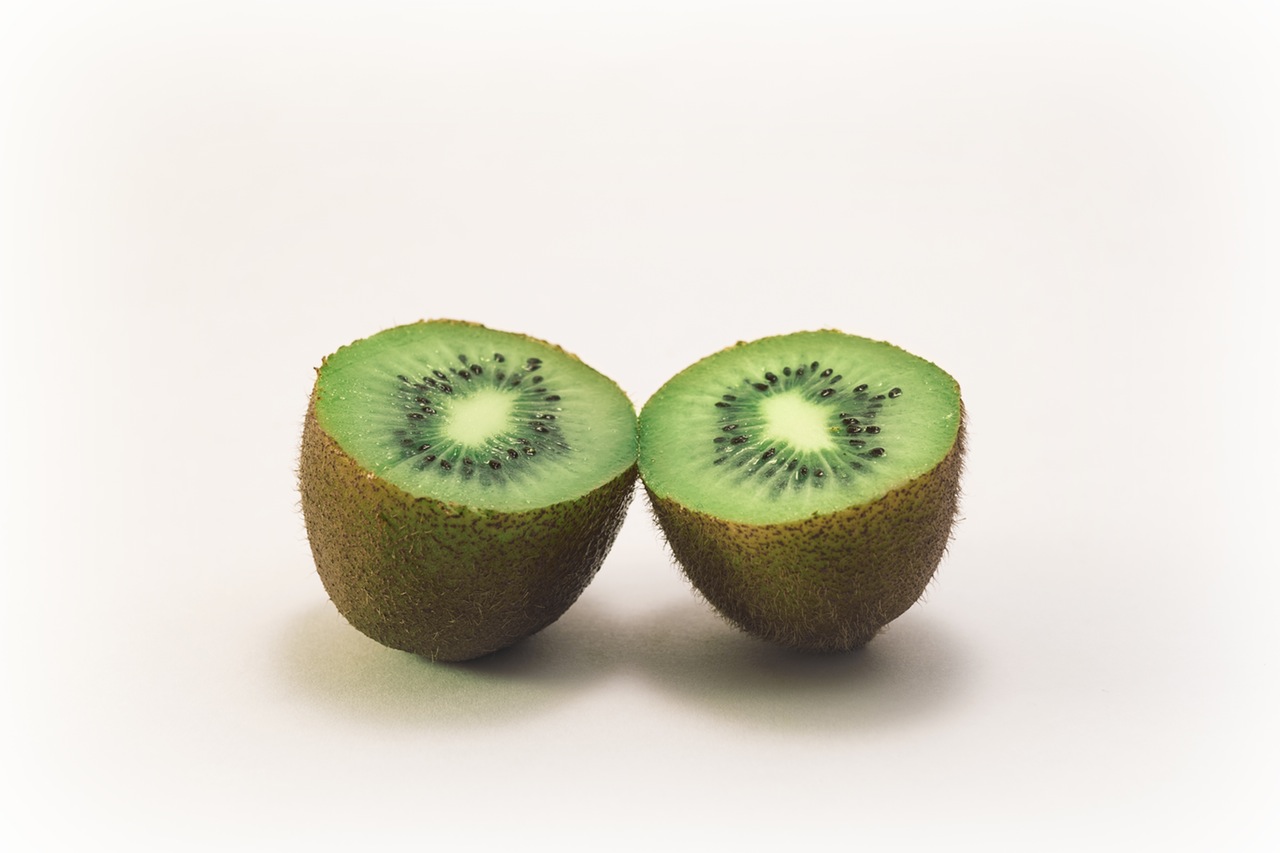 Your white blood cells are a group of blood cells that are important parts of your immune system. They are made in your bone marrow and they circulate in your blood and lymph. You might have low white blood cell counts if you have cancer in the bone marrow and your body is not producing enough new white blood cells. White blood cell count can drop after chemotherapy or while using certain medications while you have cancer.
Your white blood cells are a group of blood cells that are important parts of your immune system. They are made in your bone marrow and they circulate in your blood and lymph. You might have low white blood cell counts if you have cancer in the bone marrow and your body is not producing enough new white blood cells. White blood cell count can drop after chemotherapy or while using certain medications while you have cancer.
Since white blood cells function in your immune system, low white blood cell counts put you at a higher risk for infections. If you have low white blood cell counts, good cancer nutrition is especially important for allowing your  immune system to work as well as possible. Keep your calorie and protein intake up, and be sure to get enough of nutrients such as zinc, iron, vitamin C, and vitamin A, which are all important in immune function.
immune system to work as well as possible. Keep your calorie and protein intake up, and be sure to get enough of nutrients such as zinc, iron, vitamin C, and vitamin A, which are all important in immune function.
In addition, you need to pay more attention to food safety than you used to so you do not get sick. Avoid salad bars, buffets, food displayed in open containers, and other situations where other people can potentially touch the food you eat. Avoid raw eggs. If you are going to eat meat, poultry, and seafood, make sure they are well cooked or “well done”. Throw away food that is past the expiration date.
Good hygiene is critical in preventing food-related illness. Wash your hands frequently. In particular, wash your hands after using the bathroom and before eating. Use warm water and an anti-bacterial soap, and scrub your hands, including the tips of your fingers, for 20 seconds.
You need to pay more attention to food safety than you used to so you do not get sick. Click To Tweet
11. What should I do if I am losing weight (anorexia)?
Since so many factors can potentially make eating more difficult and also change the way your body uses food and nutrients, it is possible that you can experience appetite loss or anorexia when you have cancer. It can result from anxiety, chemotherapy, radiation therapy, medications, and pain. Loss of appetite can lead to weight loss, poorer nutrition status, and effects such as weakness, lack of energy, and poorer results from treatment.
Try to prevent loss of appetite and weight loss, or catch it as early as you can to minimize its effects. The goal with anorexia is to try to increase appetite and get in more calories and protein. These are some ways you can try to add more calories to reverse or prevent weight loss. The suggestions are from NCI:
- Use cheese as a topping for sandwiches, casseroles, soups, and vegetables.
- Use whole milk instead of skim.
- Sprinkle granola on yogurt, ice cream, and fruit.
- Add dried fruit to cereal, cooked vegetables such as sweet potatoes, and pies, and eat as a snack.
- Change the form of the food, such as having fruit in smoothies with ice cream instead of whole.
The goal with anorexia is to try to increase appetite and get in more calories and protein. Click To Tweet
You can also work on eating whenever you feel like it, and not limiting yourself to strict meal or snack times. You might do better eating every hour or so rather than having only three meals a day. Keep snacks near you so you can eat whenever you feel that you can.
To keep yourself from feeling too full, do not drink too much fluid at meal times. You can sip on high-calorie fluids the rest of the day.
Choose foods that look good to you instead of forcing yourself to choke down foods that are not appetizing. Making meal times more pleasant and relaxing can make eating easier as well. Talk with your nutritionist for suggestions on getting more calories and protein, and ask your doctor about medications if nausea or pain is interfering with your ability to eat.
12. What if I cannot eat? The role of feeding tubes.
There may be times with cancer or after surgery when you cannot eat using your mouth and digestive tract. This can happen after surgery for cancer of the mouth, throat, stomach, or intestines, for example.
Enteral nutrition is known as tube feeding. It happens through a tube that is placed into the stomach or intestines so you do not need to use your mouth or esophagus to get nutrients. A nasogastric tube goes down your throat to your stomach and it sometimes supplements your diet when you are eating only a small amount by mouth. A gastrostomy tube, which is designed for longer term use, goes into the small intestine through the abdomen.
Parenteral nutrition is used when you cannot take in food through your digestive tract. Instead, digested nutrients are directed straight into your bloodstream using an IV. It can keep you nourished when you are unable to eat anything. Both enteral and parenteral nutrition can continue at home. The goal of both is to keep you nourished until you can get back to eating enough regularly.
Conclusion:
A good cancer nutrition keeps you as strong as energized as possible, supports a more effective immune system, and helps your body fight cancer and do better with the treatment you receive. While there may be some barriers to staying nourished, you can work with your cancer nutrition therapy team and stay on top of your cancer nutrition to do yourself a favor during cancer treatment and recovery. If you have any concerns, you can send us your questions directly from cancerdocs.com.
Latest posts by Michel Choueiri (see all)
- Does cancer smell? Can people smell cancer? - September 28, 2016
- Does Cancer Itch? Which cancers cause itching? - August 19, 2016
- Cancer drug prices as high as a Ferrari… per year! - August 16, 2016

